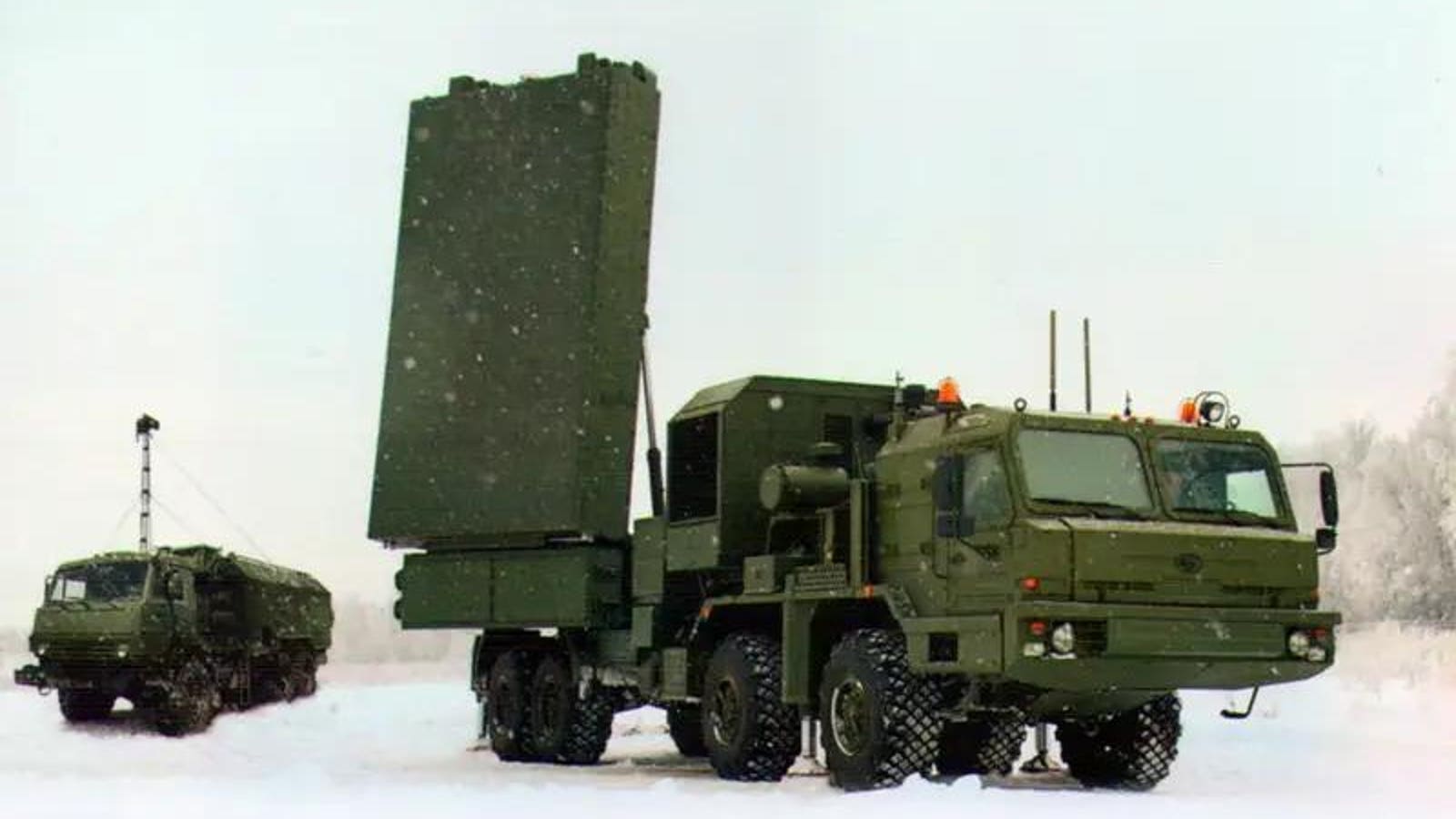Ukraine plinking a Russian GPS-jammer with a GPS-guided bomb. Ukrainian drones blowing up Russian drone-jammers. Ukraine’s cruise missiles striking Russian air-defense sites whose missions include, you guessed it, shooting down cruise missiles.
Russia’s 23-month wider war on Ukraine has seen a lot of ironic, darkly-hilarious clashes. The latest was also one of the quickest between setup and punchline.
On Tuesday morning, Russian media announced the deployment, to Ukraine, of Russian forces’ latest high-tech counterbattery radar. A few hours later in southern Ukraine, the Ukrainians blew it up … with artillery rockets.
The irony deepens. In theory, a Russian Yastreb-AV radar would help to protect Russian troops from Ukraine’s American-made High-Mobility Artillery Rocket Systems launchers—its HIMARS. Now guess what the Ukrainians used to destroy that first Yastreb-AV.
That’s right: HIMARS.



Drones are cheap and thus everywhere in the battlefield. It costs more $$$ to show a drone down then the drone is worth (in general). Modern military is still trying to figure out how to handle all the cheap enemy drones overhead, there is - so far and to my knowledge - no good answer (of course if there was a good answer it would be classified at least until the enemy figures out what you are doing and so I wouldn’t know).
Trained falcons. Not sure how cheap or feasable it would be but they’re being used in certain areas around the world already to take down consumer drones. I know they probably have more hardcore drones in the war but couldn’t hurt to train a falcon to drop some net on a drone or something. Or use other drones to drop nets on drones.
They do have other drones to drop nets on drones but they are more expensive and then we’ll just end up with drones netting the netting drones.
I would suspect most military drones are tiny airplane designs, not the quadcopter design you’re thinking of used by civilians.
Some of the Ukraine ones are for sure quads. I’ve seen some of those kill videos that pop up on here. They’re probably bigger than they look though, hard to tell scale in the sky but I’ve seen the small plane looking ones you’re talking about. They’re cool ngl.